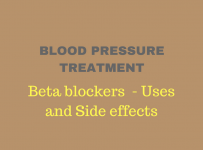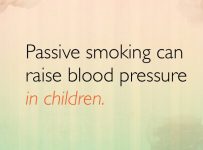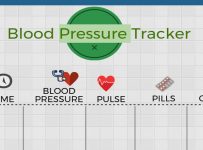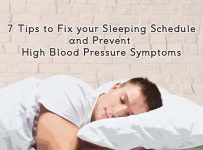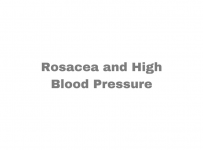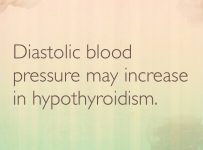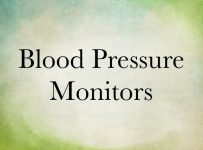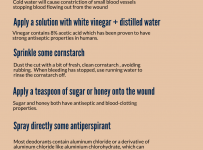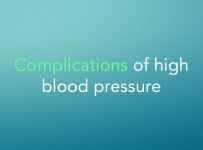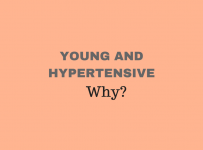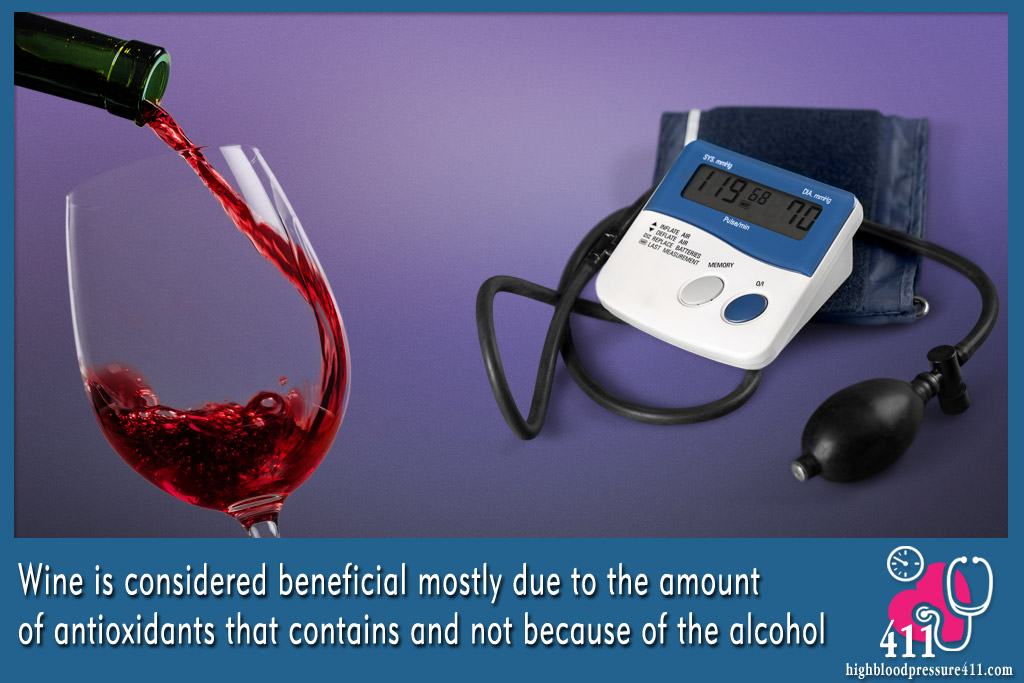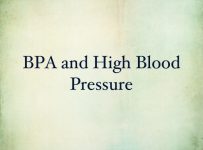Alcohol Drinking too much could increase your blood pressure. The opposite is true, when you drink occasionally and small quantities of certain drinks. Research evidence supports that moderate wine consumption could be beneficial for the health of your heart and arteries.
Limit your Intake
Keep in mind that simple moderation is the best attitude. Αs a rule of thumb 1 drink per day for women and 2 for men will not cause harm to your blood pressure. More specifically:
- 2 drinks a day for men under 65 years
- 1 drink a day for men above 65 years
- 1 drink a day for women of any age
Occasional binge drinking could be harmful for someone with blood pressure to the upper boundaries. That is because those people are more prone to blood pressure spikes every time they exceed the limit of alcohol intake.
Long term binge drinking can result in hypertension. The exact mechanism through which alcohol affects blood pressure seems to implicate many factors. Chronic consumption may render central nervous system unable to control blood vessel response to even minor blood flow fluctuations. Apart from this, direct effects of alcohol on cardiovascular system could also contribute to the onset of hypertension.
If body weight is an issue for you, keep in mind that many alcoholic drinks are highly caloric. When hanging out on a Friday night and you are supposed to have a drink with your friends, better opt for a glass of wine than a cocktail and try not to mix different types of drinks in one sitting or, even better, in the same day.
What to expect once you have decided to reduce drinking
Well, first remember that it is largely depends on how long you have been a drinker.
If you are not a heavy drinker but you have discovered that alcoholic drinks causes transient increments in your blood pressure, then you may expect a drop to normal soon after you stop alcohol consumption.
If you are a regular drinker of large amounts of alcoholic drinks, it is advisable to diminish it slowly. In case that you plan to stop drinking at once and for all, it is advisable to consult your doctor before, as you may have to deal with alcohol withdrawal symptoms like frequent blood pressure spikes.
Obviously, if you don’t ready drink for any reason, you are not supposed to start drinking!
Resvatrol is an antioxidant substance, found mostly in red wine. Scientific evidence supports that it decreases LDL cholesterol (the “bad” one) and protects from blood clot formation because it has blood thinner properties. Although it is available as nutritional supplement, it is most safe to consult your doctor before you use it. Apart from side effects, it could interact with certain medications (like warfarin, aspirin and ibuprofen) and increase the chance of bleeding.
Women and Alcohol
Women are more susceptible to alcohol effects at all ages.
This happens for two reasons:
- A woman’s body contains more fatty tissue than a man’s. Because fat has the property to retain alcohol, women brain and other vital organs remain exposed for a longer time to alcohol effects.
- Women organism lacks two specific enzymes that participate in the alcohol break down in stomach and liver: alcohol dehydrogenase and aldehyde dehydrogenase. As a result the effects are intensified because it stays longer in the blood stream.
Medications and Alcohol
If you receive certain medications, you have to know that alcohol interferes with the metabolism of most drugs, and some of them could become toxic. This also applies to blood pressure medications, which in the presence of alcohol may become ineffective or even toxic.
Some drug categories with which alcohol could interact:
- Cold and flu
- Allergies
- Blood clotting
- Angina
- High blood pressure
- Arthritis
- Sleep
- Diabetes
- Seizures
- Migraine
- Enlarged prostate
How does Alcohol cause Addiction?
Symptoms and Signs of Addiction
- Memory impairment.
- Incomprehensible speech.
- Poor balance and coordination.
- Impaired thinking.
- Feeling guilty about drinking.
- Spending most part of the day drinking or thinking about to drink.
- Risky behaviors such as drunk driving.
- Denial to admit that too much drinking is a problem.
- Inability to give up drinking.
How to Stop Drinking
- Prepare for a new life. Make a plan of your future activities, entailing unfinished projects and neglected family duties.
- Ask your doctor about whether you should consult a specialist in addiction treatment.
- Think about health consequences of binge drinking.
- Set realistic goals. Do you want to stop drinking once and for all or just reduce the amount.
- Think about the cost in money and impact on your relationships.
- Set a specific quit date and be consistent.
- Tell your friends and family about your decision. Ask them to be supportive and understanding. Also make clear that you will not be able to attend for a while, any event involving alcohol consumption.
- Avoid temptations: get rid of any kind of alcohol-containing beverages.
Symptoms and Signs of Withdrawal
- High blood pressure and increased heart rate
- Headache
- Anxiety
- Restlessness
- Nausea and/or vomiting
- Hand shaking
- Blurred vision
- Concentration impairment
- Confusion
- Severe vomiting
- Fever
- Hallucinations
- Alcoholism symptoms, signs and treatment – American Addiction Centers
- Admitting you have a problem with drugs and alcohol – Rehabs.com

